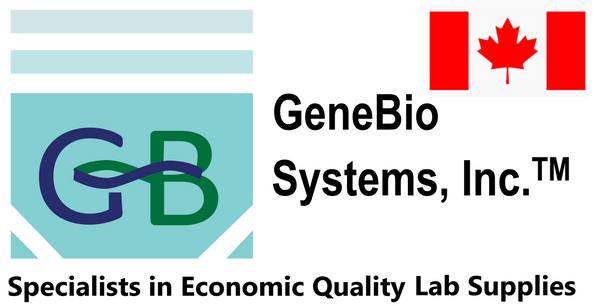Next Generation Sequencing (NGS), also known as high-throughput sequencing, is a revolutionary technology that has transformed the field of genomics by enabling the rapid and cost-effective analysis of entire genomes. It represents a significant advancement over traditional Sanger sequencing methods. NGS allows for the parallel sequencing of millions of DNA fragments, making it possible to obtain massive amounts of genetic information in a short amount of time.
The key components of the Next Generation Sequencing category include:
Magnetic Beads:
Magnetic beads are an essential tool in NGS workflows. They are utilized for various applications such as sample purification, size selection, and library preparation. These beads have magnetic properties that enable easy separation of nucleic acids and other molecules during the sequencing process.
Magnetic beads are employed in different steps of NGS workflows, such as DNA and RNA extraction, library preparation, and purification of sequencing products. They contribute to the efficiency and accuracy of the sequencing process.
DNA-Seq (DNA Sequencing):
DNA-Seq involves the sequencing of DNA molecules, providing insights into the genetic code of an organism. Mechanical and enzymatic fragmentation methods are employed to prepare DNA samples for sequencing.
DNA-Seq is widely used in various applications, including whole-genome sequencing, targeted sequencing, exome sequencing, and de novo sequencing. It is employed in research areas such as genetics, oncology, and personalized medicine.
RNA-Seq (RNA Sequencing):
RNA-Seq focuses on the sequencing of RNA molecules, allowing researchers to study gene expression, identify differentially expressed genes, and explore the transcriptome of an organism.
RNA-Seq is crucial in understanding gene regulation, discovering novel transcripts, and studying alternative splicing events. It has applications in areas such as functional genomics, developmental biology, and disease research.
Epigenetics:
Epigenetics involves the study of heritable changes in gene function that do not involve alterations to the underlying DNA sequence. In the context of NGS, epigenetics protocols and products are integrated with DNA-Seq workflows to investigate modifications like DNA methylation and histone modifications.
Epigenetic studies provide valuable insights into gene regulation, development, and disease. Integrating epigenetic analysis with DNA-Seq allows researchers to explore the interplay between genetic and epigenetic factors.
These technologies have broad applications in understanding the genetic basis of diseases, unraveling complex biological processes, and advancing personalized medicine. The continuous development and refinement of NGS technologies contribute significantly to our expanding knowledge of the genome and its functional elements.
NGS Brochure










